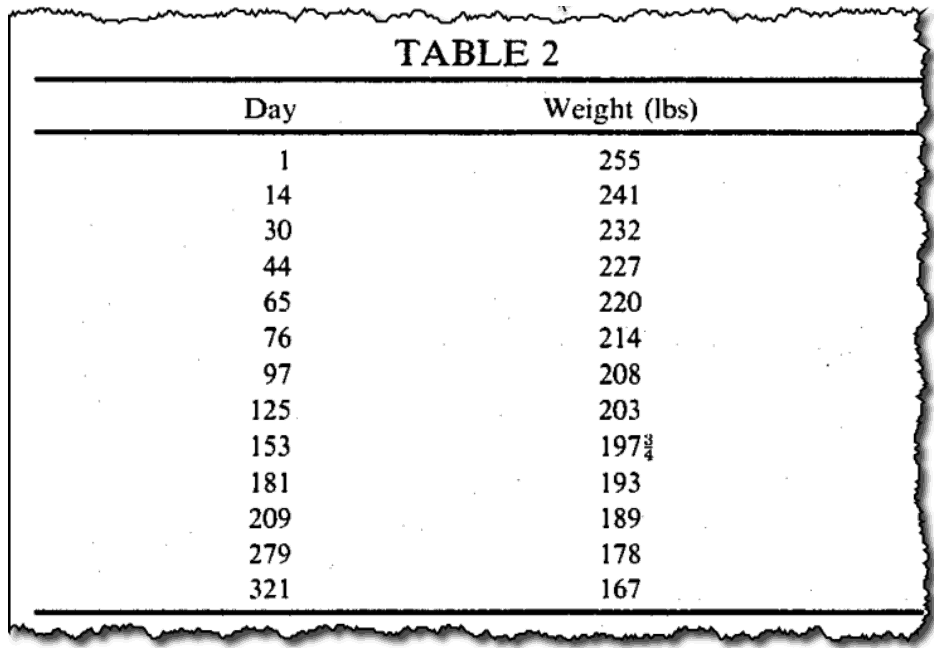
[cmamad id=”20333″ align=”center” tabid=”display-desktop” mobid=”display-desktop” stg=””]
MRI brain scans show that this Japanese method improves your memory and even protects your brain from aging
—–Important Message—–
Canadian researchers show that we can reverse diabetes – but for how long?
The longer you have diabetes, the more profit Big Pharma makes off you.
That’s exactly why Big Pharma HATES that you’re seeing this study from Canada…

In Canada, they have socialized medicine – so there’s more motivation for them to actually cure diabetes and other diseases…
But don’t expect diabetes to be reversed in the US…
The approach in the US is just more and more costly treatments that line Big Pharma’s pockets.
But there IS a way to reverse type 2 diabetes…
In fact, those Canadian researchers had patients experiencing full remissions…
And those remissions could last for years… maybe even forever.
Here’s the long-known diabetes fix that Big Pharma doesn’t want you to know about.
————
Why I’m using this 10-minute Japanese method every day…
Can you improve your memory in 10 minutes?
Let’s find out…
Researchers found out that just a little bit of light exercise can boost brain function.

These scientists carried out their human study at the University of Tsukuba in Japan. They published their results Proceedings of the National Academy of Sciences of the United States of America.
The research team was previously working on the connection between memory and exercise in animals.
“Our previous work has shown that mild physical exercise can promote better memory in rodents.”
[cmamad id=”20334″ align=”center” tabid=”display-desktop” mobid=”display-desktop” stg=””]
And the previous research showed that exercise can boost memory.
But scientists did not yet fully understand the mechanisms.
“Physical exercise has beneficial effects on neurocognitive function, including hippocampus-dependent episodic memory.”
Recently, researchers have become more interested in the effects of mild and moderate exercise.
“Exercise intensity level can be assessed according to whether it induces a stress response.”
The animal research showed that lighter exercise was best for memory.
“Our prior work in animals has shown that stress-free mild exercise increases hippocampal activity and promotes adult neurogenesis.”
So in this study, they switched their focus to humans.
They used magnetic resonance imaging (MRI) brain scans to assess the effect of exercise on the brain.
“We use MRI to assess the immediate impact of a short bout of mild exercise on the brain mechanisms supporting memory processes.”
The researchers asked 36 healthy young men and women to perform some light exercise for a few minutes.
“Exercise consisted of a single 10-minute bout of very light intensity exercise.”
The researchers assessed the effect of light exercise on the brain by using fMRI.
“We adopted an acute-exercise design in humans, coupled with high-resolution functional MRI techniques.”
Light exercise caused observable changes in brain function.
“Exercise results in rapid enhancement in pattern separation and an increase in functional connectivity between brain regions.”
In other words, the participants’ memory improved.
The improvement in memory was correlated to the changes seen in the brain scan.
“The magnitude of the enhanced functional connectivity predicted the extent of memory improvement at an individual subject level.”
Just 10 minutes of light exercise increases memory function.
“These results suggest that brief, very light exercise rapidly enhances hippocampal memory function.”
Brain scans showed that exercise seems to increase the connectivity of brain cells.
“Very light exercise increases neocortical functional connectivity.”
The researchers used stationary exercise bike as the exercise task in this experiment.
“Participants performed 10 minutes of mild exercise on a recumbent cycle ergometer.”
They had already demonstrated improved decision-making using this same exercise routine.
“We previously reported that a single 10-minute bout of exercise enhances prefrontal activation and executive function in young adults.”
More and more studies are showing that short bursts of mild exercise have huge health benefits.
Exercise bikes, treadmills, and bodyweight exercises have all been used with good effect in these experiments.
Exercise can improve memory and protect the brain against the effects of aging.
“Future studies should test the long-term effects of regular mild exercise on age-related memory loss.”
Other studies show that mild forms of exercise can improve memory.
Tai chi and yoga, for example, have this effect.
“These findings represent a mechanism by which mild exercise, on par with yoga and tai chi, may improve memory.”
Just a little mild exercise can have huge health benefits.
You should always consult a healthcare professional for diagnosing and treating health problems.
—–Important Message—–
Thousands of men have lost over 80 pounds this way, without exercise… This is just one example…
This man lost 14 pounds in 2 weeks and then 23 pounds in a month – by doing NO exercise:

For 321 days, this man did not exercise and he still lost 88 pounds.
And thousands of men experienced similar or better results…
These men did not cut calories, did not count carbs, did not skip meals.
And, once again, these men did not exercise.
This could work for any man… including you…
Here’s how these men lost all that weight without exercise or diets

———


Leave a Reply